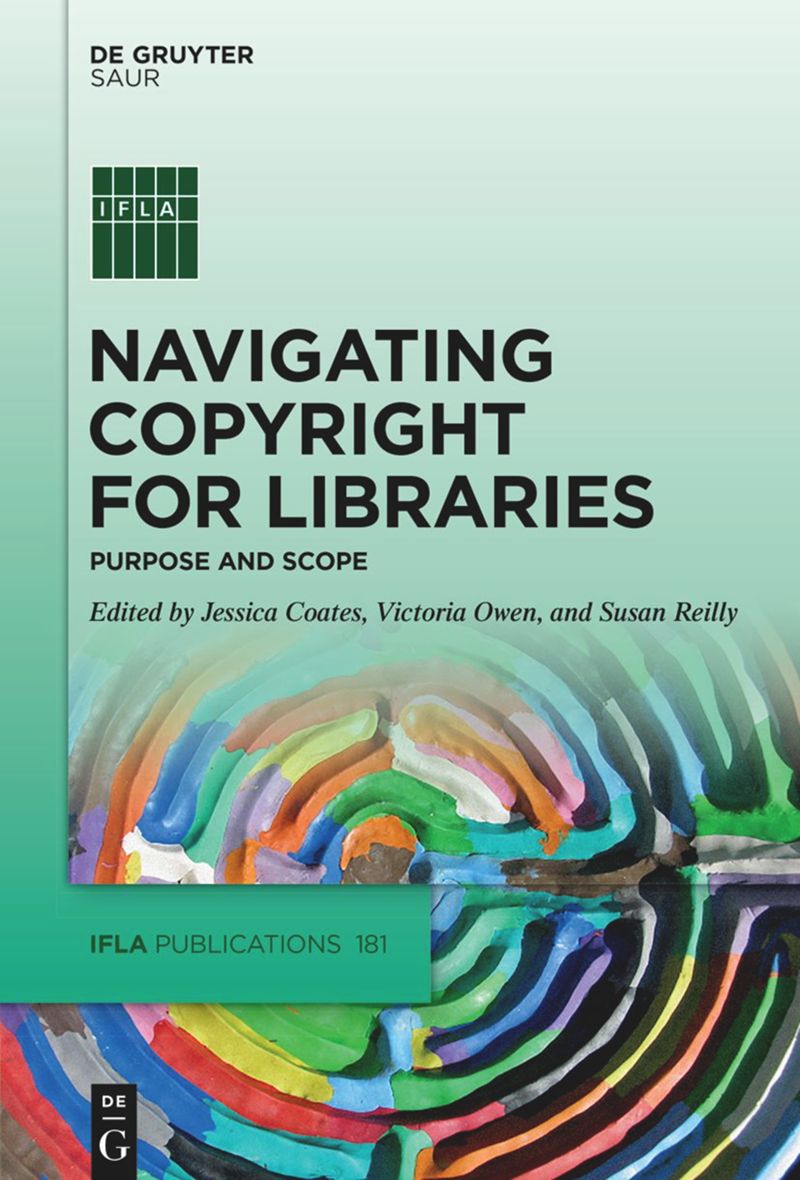New Book Chapter by Andrés Izquierdo: "Artificial Intelligence and Text and Data Mining: Future Rules for Libraries?"
September 22, 2022

PIJIP Senior Researcher Andrés Izquierdo has authored a chapter of the new book Navigating Copyright for Libraries. The book was edited by Jessica Coates, Victoria Own and Susan Reilly as a project of the IFLA Copyright and Other Legal Matters Advisory. It has been published under a Creative Commons license by DeGruter books, and is available for download here. A hardcover version is also available for purchase on the same site.
Izquierdo's chapter, "Artificial Intelligence and Text and Data Mining: Future Rules for Libraries?" stresses the heterogeneity found in various domestic and regional copyright rules, which can create problems for international AI collaborations. The The full abstract is below.
Abstract: Artificial Intelligence (AI) is not a general method but an umbrella that includes many digital tools that are changing the library environment. Chatbots, document classification, personalized services, text, and data mining (TDM), intelligent education, and user discovery are some of the AI tools that offer new and broad possibilities for research, access, and use of vast amounts of data. But there is growing attention and discussion on how global and domestic copyright law should allow or impede access to the use of data. This chapter examines current AI trends for libraries, focuses on TDM, and presents relevant regional and domestic copyright legislative developments on the subject. The analysis indicates that norms passed to regulate TDM vary in content and objectives from country to country, yielding an ill-suited environment for libraries to work as a channel for international research based on AI tools. It concludes with a dialogue centered on the evolving relationship between knowledge, AI, TDM, and the creation of new limitations and exceptions (L&Es) for copyright law. This chapter informs the reader of impacts of recent AI, TDM, and copyright developments on libraries and highlights policy developments that could bring a more uniform international legislative body of law in which libraries could operate and support researchers.